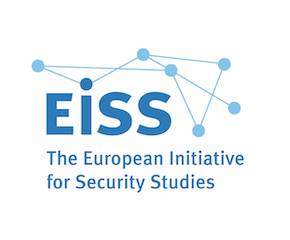Speaker
Description
Although the exact parameters remain debated, it is now undisputed that international law applies to intelligence activities. A more difficult question, and a still unanswered one, is how international law and the intelligence community influence one another. In this paper, I demonstrate that the relationship between international law and the intelligence community is bidirectional and mutually constituting.
International law first constitutes a strong permissive tool for the intelligence community. The intelligence community invokes international law to explain, justify, and legitimate its activities, while international law itself provides legitimation to many intelligence activities. At the same time, international law also constrains the intelligence community through the risk of accountability, which matches the increase in intelligence exposures.
In turn, the intelligence community shapes the content of international law when it uses it for political legitimation. Whereas, in the past, the intelligence community remained silent on its practices, at best uttering ‘neither confirm nor deny’, the situation has changed. Forced exposure has triggered a matching need to legitimise intelligence activities through law. The intelligence community is now openly engaging with and interpreting international law, putting forward interpretations that will legitimise its preferred outcomes and empower it to pursue its choices of policies. In doing so, the intelligence community changes the meaning ascribed to international norms. In addition, when the intelligence community refuses to abide by the rules of the legalism game by providing a legal justification for its activities, it undermines the status of international legal norms, which may be perceived as less binding by the rest of the international community. For these reasons, the intelligence community has truly become a normative actor under international law and should be considered an occasional norm-shaper, if not yet a norm-setter.
| What discipline or branch of humanities or social sciences do you identify yourself with? | Law |
|---|---|
| Are you a PhD student or early-career researcher? | Yes |

